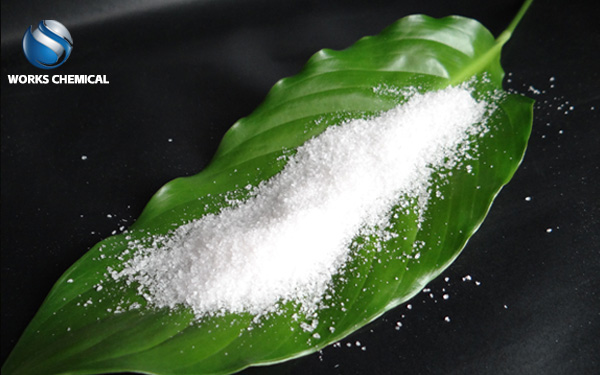
In the selection of sludge dewatering conditioner, it is necessary to consider the nature of the sludge, the treatment process and the type and effect of the conditioner. Here are some suggested selection steps and considerations:

Select conditioner according to sludge properties:
Sludge with high organic content: select conditioning agents with strong oxidation capacity, such as Shijun sludge synergist, etc., to effectively decompose organic matter and improve the dewatering performance of sludge.
Sludge with high inorganic content: use conditioners with strong ion exchange capacity, such as ferric chloride, aluminum chloride, etc., which can form complexes with inorganic salts to promote the separation of water molecules and solid particles in the sludge.
Sludge with high heavy metal content: select conditioning agents with adsorption properties, such as activated carbon, biochar, etc., to effectively adsorb heavy metal ions and reduce the risk of pollution of sludge to the environment.
Select the conditioner according to the treatment process:
Precipitation treatment: suitable for sludge with low organic content, adjuster with strong coagulation ability can be selected, such as polyaluminum chloride (PAC) and so on.
Aerobic digestion treatment: It is suitable for sludge with high organic content, and conditioners with high degradation ability can be selected.
Anaerobic digestion treatment: It is suitable for sludge with high organic and inorganic content, and conditioners with strong decomposition capacity and adsorption capacity can be selected, such as composite microbial preparations, biochar and so on.
Consider the type and characteristics of the conditioner:
Inorganic conditioner: The most commonly used sludge conditioner, including lime, aluminum hydroxide, iron hydroxide, etc., has low cost and good dehydration effect, but the addition amount is large.
Organic conditioners: such as cationic polyacrylamide (CPAM), anionic polyacrylamide (APAM), etc., the addition amount is small, and the dewatering effect of sludge is significantly improved, but the cost is relatively high.
Pay attention to the amount and effect of the conditioner:
The amount of conditioner added should be adjusted according to the nature of the sludge and the treatment process to achieve the best dewatering effect.
Pay attention to the influence of the conditioner on the pH value of the sludge, and avoid excessive addition of the sludge pH value change too much, affecting the dehydration effect.
Consider cost and environmental impact:
When choosing a conditioner, in addition to considering its effect, it should also consider its cost and environmental impact, and choose a cost-effective and environmentally friendly conditioner.
In summary, the selection of sludge dewatering conditioner needs to be comprehensively considered according to the properties of sludge, treatment process and the type and characteristics of the conditioner, in order to achieve the best dewatering effect and reduce the treatment cost and environmental impact.